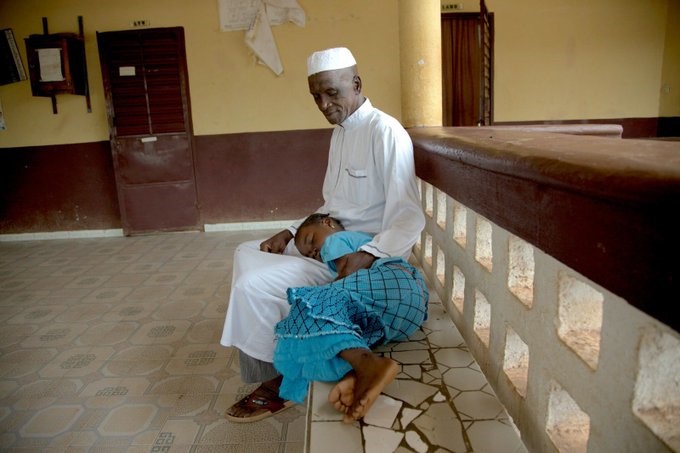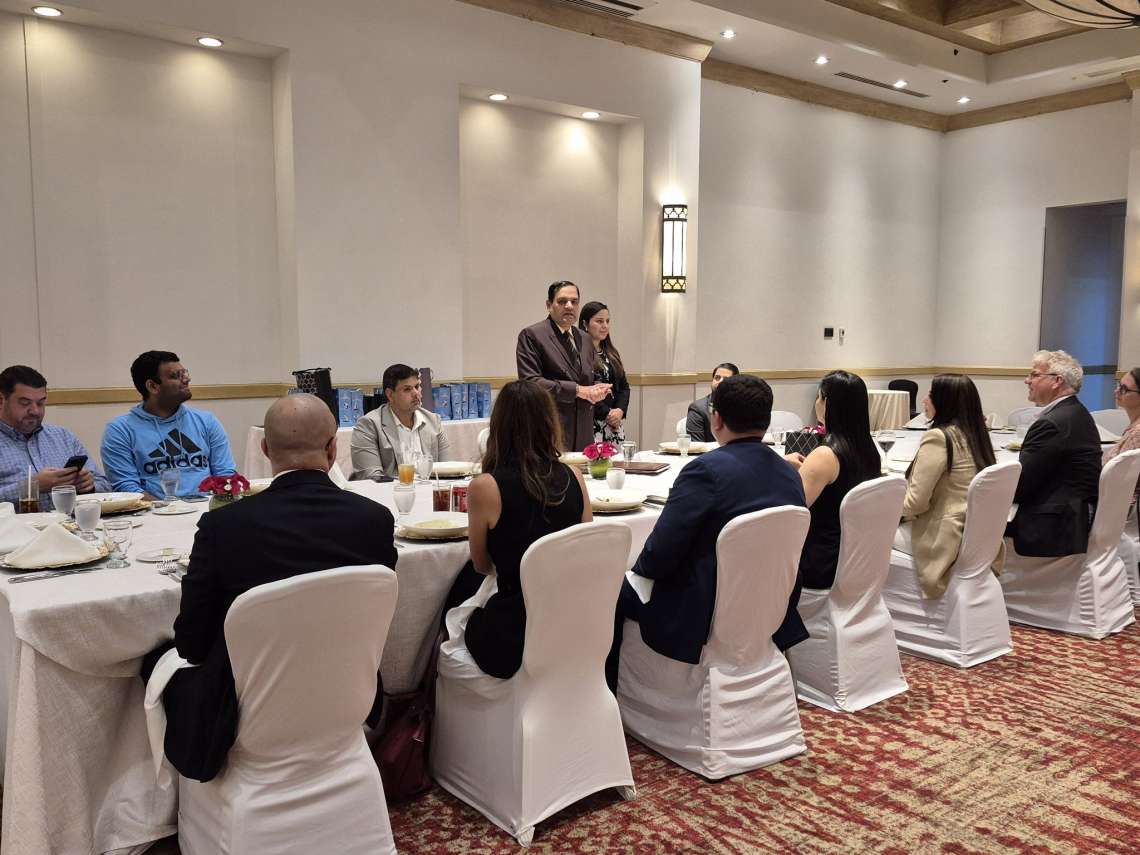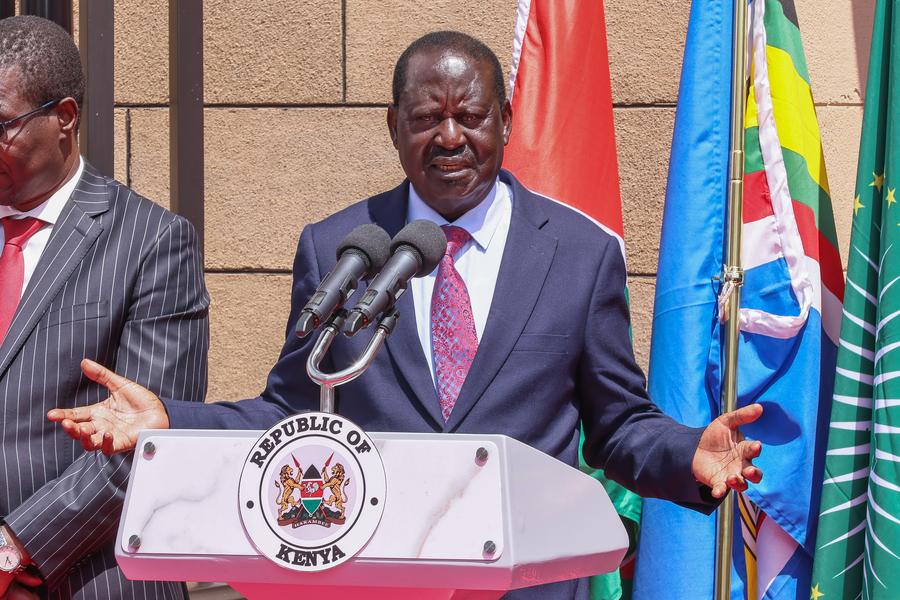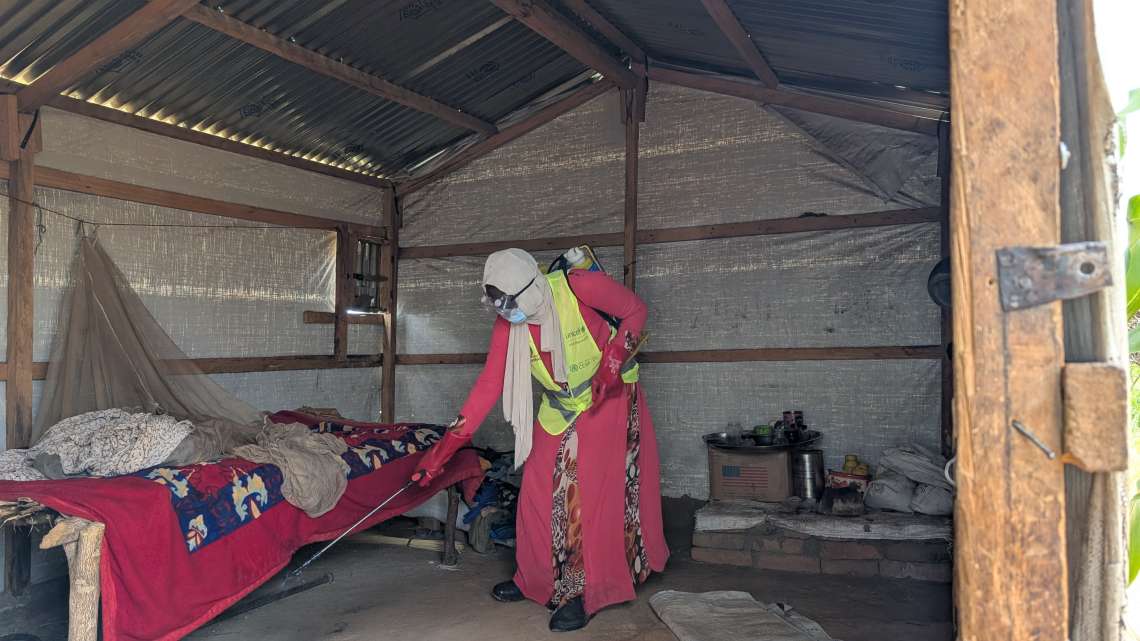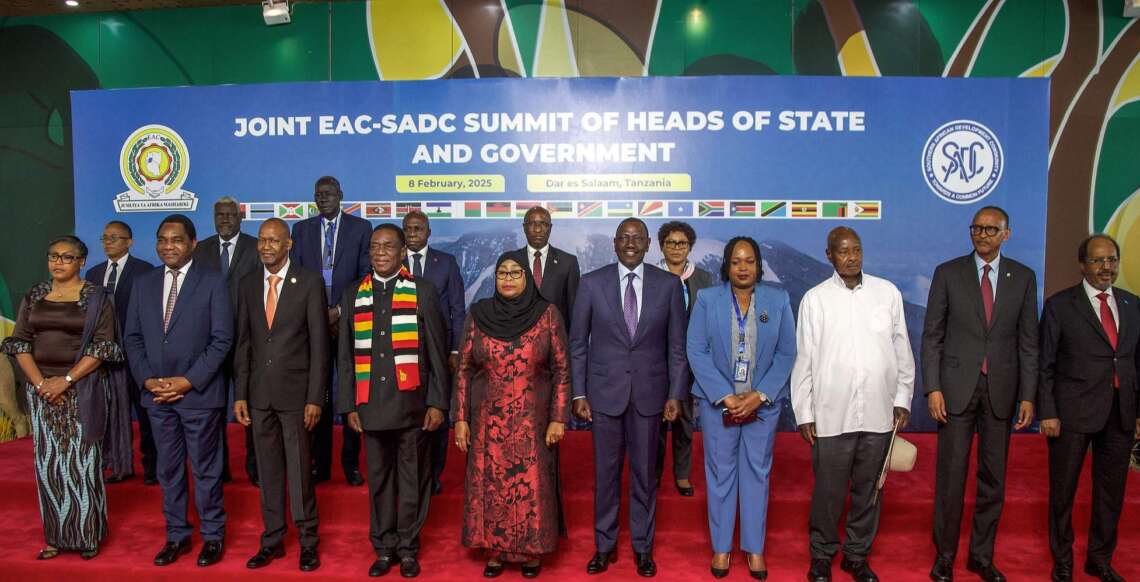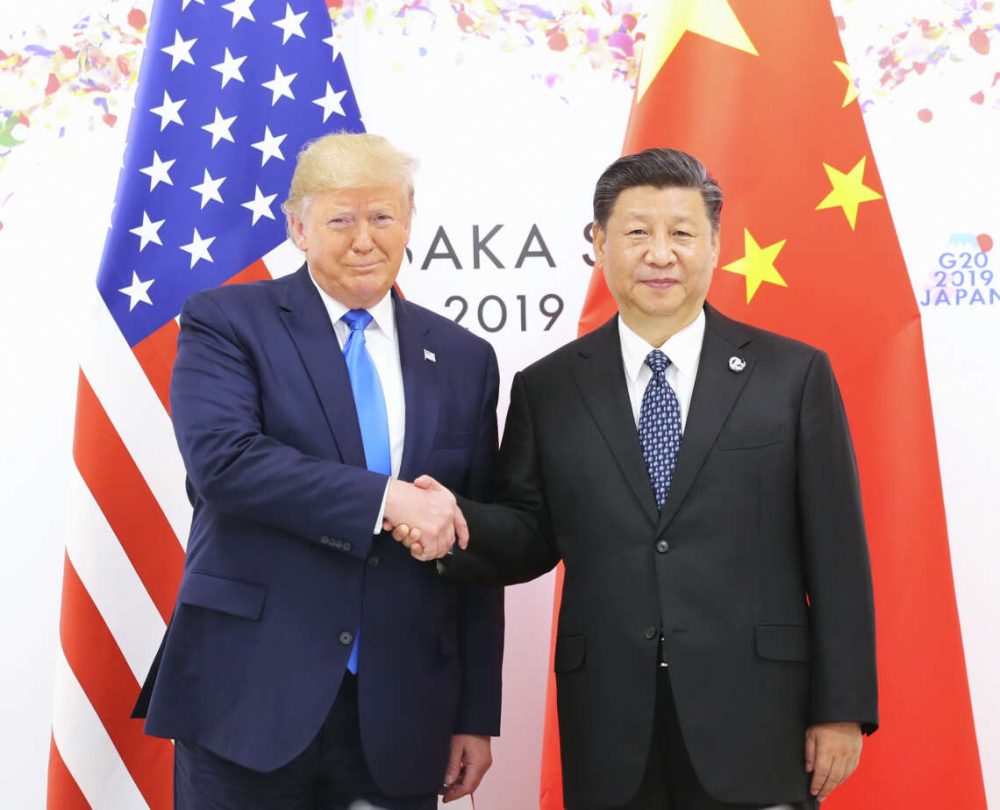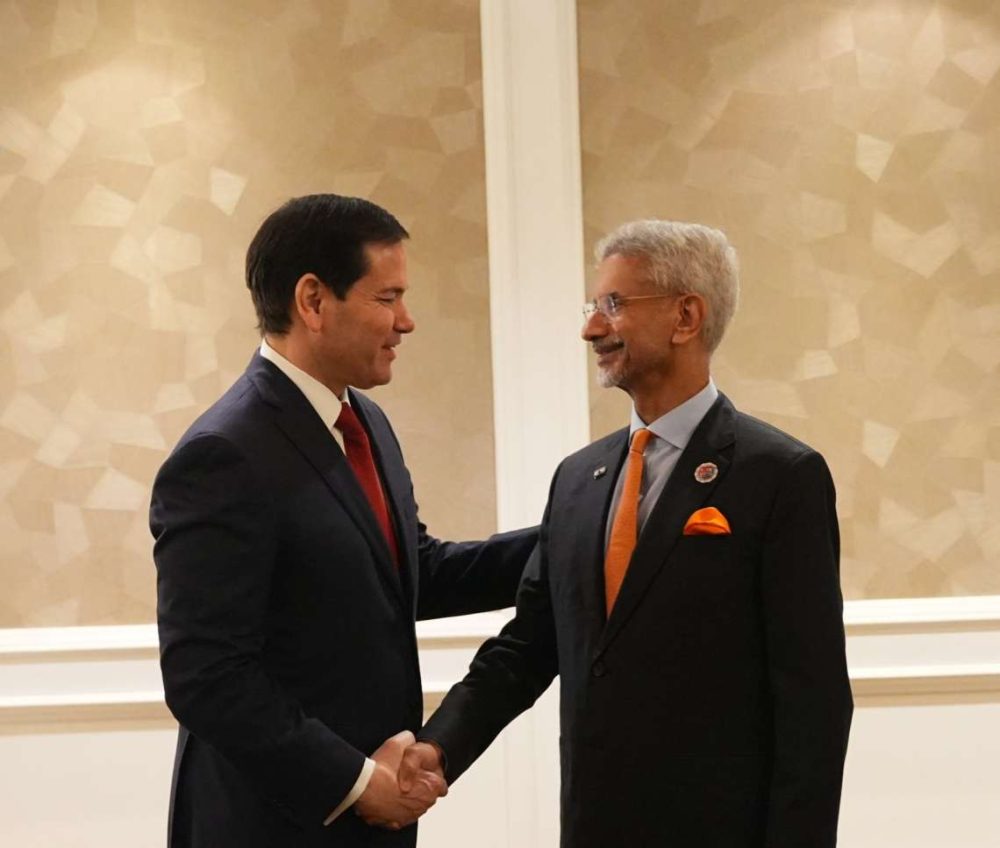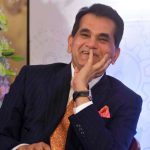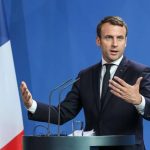The decision by the Human Rights Council was requested by Congo and agreed to by consensus, meaning no vote was taken….reports Asian Lite News
The UN’s top human rights body on Friday condemned Rwanda’s support of rebel fighters across the border in eastern Congo and ordered a team of experts to examine rights violations in the region.
The decision by the Human Rights Council was requested by Congo and agreed to by consensus, meaning no vote was taken. It culminated an urgent session on the spiraling violence in a region where Rwanda-backed M23 rebels recently captured the key city of Goma. Some 3,000 people have been killed and nearly as many injured since late January.
The area holds vast deposits of minerals critical to the manufacture of much of the world’s technology, including mobile phones.
The resolution text, among other things, “firmly condemns the military and logistic support of the Rwandan defense force to the March 23 Movement, which continues to cause many civilian casualties, more displacement and significant trauma among the population.”
The council also called on the M23 and Rwandan defense forces “to immediately halt violations of human rights” in the North and South Kivu regions, and allow access to humanitarian aid deliveries through the airport in Goma.
It also decided to create an independent commission of inquiry made up of three experts in international law to look into rights violations and report back to the council.
UN experts say the rebels, the most potent of more than 100 armed groups in the region, are backed by roughly 4,000 troops from neighboring Rwanda. U.N. Secretary-General António Guterres has urged the rebels to lay down their weapons and agree to mediation.
Volker Türk, the UN human rights chief, said an estimated 3,000 people were killed and nearly 2,900 wounded in an increase in violence since Jan. 26. Speaking as the special session began, he cautioned that the real figures are “probably a lot higher.”
“If nothing is done, then the worst could still be yet to come for the inhabitants of the eastern part of the country, but also in people living beyond the DRC’s borders,” he said, referring to the Democratic Republic of Congo.
Türk noted attacks by M23 and their allies, the use of heavy weaponry, and intense fighting with Congo’s armed forces and their allies.
“The Congolese people have been suffering terribly for decades,” he said, calling for international action. “How many more innocent lives must be lost before sufficient political will is galvanized to resolve this crisis?”
The rebels sought to reassure residents Thursday, holding a stadium rally and promising safety under their administration as they try to shore up public support amid growing international pressure.
Patrick Muyaya Katembwe, Congo’s communications minister, called on the council to “hold Rwanda responsible for its war crimes and crimes against humanity” through allegedly forced displacement and an aim “to definitively occupy these territories.”
Ambassador James Ngango, Rwanda’s permanent representative to U.N. institutions in Geneva, said members of an armed group that participated in the Rwanda genocide in 1994 had fled to Congo, “where they now pose an existential threat to our security” and were spreading “their genocidal ideology.”
Universal health coverage by 2030
Meanwhile, Rwanda on Friday launched a comprehensive blueprint to advance progress toward universal health coverage by 2030.
The Health Sector Strategic Plan V (HSSP V) for 2024-2029, launched in Kigali, the capital, aims to create a healthier, more productive population that drives Rwanda’s development goals, authorities said. The launch coincided with the unveiling of Mission 2027, an initiative to accelerate the elimination of cervical cancer.
“With HSSP V, we are not just continuing our progress. We are accelerating it,” said Yvan Butera, Rwandan minister of state in the Ministry of Health. “We will expand our health workforce, strengthen primary healthcare, and ensure quality services reach every Rwandan.”
Rwanda will invest in research, digital health, and biotechnology to modernize the health system, strengthen health security and emergency preparedness, and improve health financing to ensure affordability, he said.
“Screenings for non-communicable diseases are taking shape … preventing complications very early,” Butera said. “More recently, we have expanded services that Rwandans can access with Community Health Insurance, notably cancer care, cardiovascular diseases, and kidney transplants.”
According to the Ministry of Health, Rwanda’s community-based health insurance now covers 83.5 per cent of the population. Last month, the country announced the end of the Marburg virus disease outbreak, initially declared on September 27.
The announcement, by Minister of Health Sabin Nsanzimana in Kigali, followed 42 consecutive days with no new cases after the discharge of the last confirmed patient, meeting WHO guidelines. Rwanda recorded its last confirmed case on October 30 and its last Marburg-related death on October 14.
ALSO READ: Mayor to Visit Africa to Cement Ties


